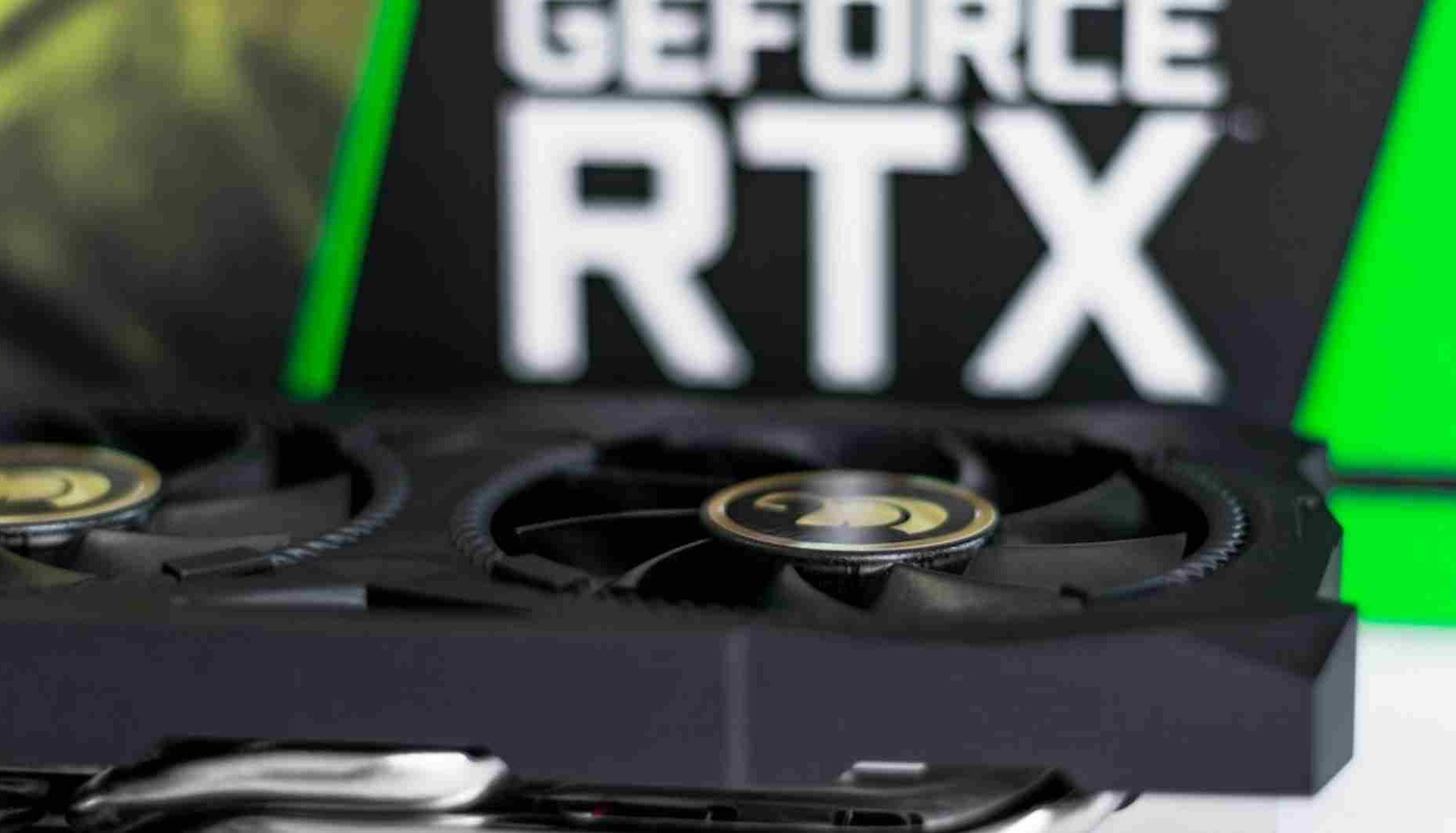In the dynamic realm of operating systems, the recent data reveals a noteworthy achievement for Linux—a 4.03% share in the market, marking a milestone for this developer-friendly software. As StatCounter unveils its February 2024 figures, the surge from 3% in just eight months highlights Linux’s rapid growth, a stark contrast to the decades it previously took to reach the 3% milestone. This blog delves into the implications of Linux’s rising market share and its evolving role in the diverse landscape of operating systems.
Linux’s Market Share Surge:
The latest statistics from StatCounter paint an intriguing picture of Linux’s trajectory in the operating system market. The 4.03% market share is not just a numerical milestone; it signifies a significant leap forward for Linux, showcasing its expanding influence and acceptance among users. What’s particularly striking is the pace at which this growth has occurred—a testament to the increasing recognition of Linux’s capabilities.
Windows Dominance and MacOs in Second Place:
While Linux’s growth is remarkable, the established giants still hold sway. Windows remains the undisputed leader, maintaining its dominance in the operating system market. MacOS, though distant in second place, continues to carve out its niche. Additionally, 6% of all operating systems fall into the category of ‘unknown,’ underscoring the diverse landscape in which Linux is making its mark.
Reports of Linux on the Rise:
The surge in Linux’s market share prompts questions about the trajectory of this growth. Will it be exponential, or is it a steady climb? The uncertainty surrounding Linux’s future market share is met with quiet excitement. While Linux may not unseat Microsoft from its throne, it doesn’t necessarily need to. Linux has always been geared toward development environments rather than general use in homes or offices. Nevertheless, the increase in market share signals a push to make Linux more accessible to a broader audience—an encouraging development for enthusiasts.
Valve’s Proton Compatibility Layer and UI-Friendly Distributions:
The gaming community has played a notable role in Linux’s recent growth, with Valve’s Proton compatibility layer integrated into the Steam client attracting gamers to the Linux platform. Simultaneously, user-friendly distributions such as Ubuntu and Linux Mint have contributed to making Linux more approachable for those transitioning from other operating systems. The writer, having been a lifelong Windows user until last year, expresses appreciation for the UI-friendly distributions, highlighting the positive impact on the perception of Linux.
Embracing Choice:
The evolution of Linux is not just a story of market share percentages; it’s about providing users with choices. The idea of holding Linux dear may make some users wary, but diversity is the essence of progress. The binary perception of operating systems as either ‘basically usable at all times,’ ‘Fisher Price walled-off ecosystems financially unfeasible for most,’ or ‘weird command line-driven thingy that requires thought’ is evolving. With beginner-friendly distributions gaining traction, Linux is becoming more approachable, offering users a variety of options tailored to their preferences.
Spreading the Word and Overcoming Fears:
While Linux still faces resistance from those unfamiliar with its capabilities, there’s a concerted effort to demystify the platform. The blog encourages users to recommend beginner-friendly distributions like Zorin OS Lite, fostering curiosity and exploration. As Linux spreads its influence, it challenges the outdated perceptions that equate it to witchcraft or a Red Scare. Instead, it invites users to embrace the diversity and choice that Linux brings to the table.
Conclusion:
Linux’s ascent in the operating system market is a testament to its resilience, adaptability, and the growing recognition of its capabilities. As Linux continues to break ground and redefine its role in the ever-evolving tech landscape, the community eagerly anticipates what the future holds for this open-source powerhouse. Whether it’s through gaming compatibility, user-friendly distributions, or a commitment to choice, Linux’s journey is far from over, and its influence is only set to grow.




